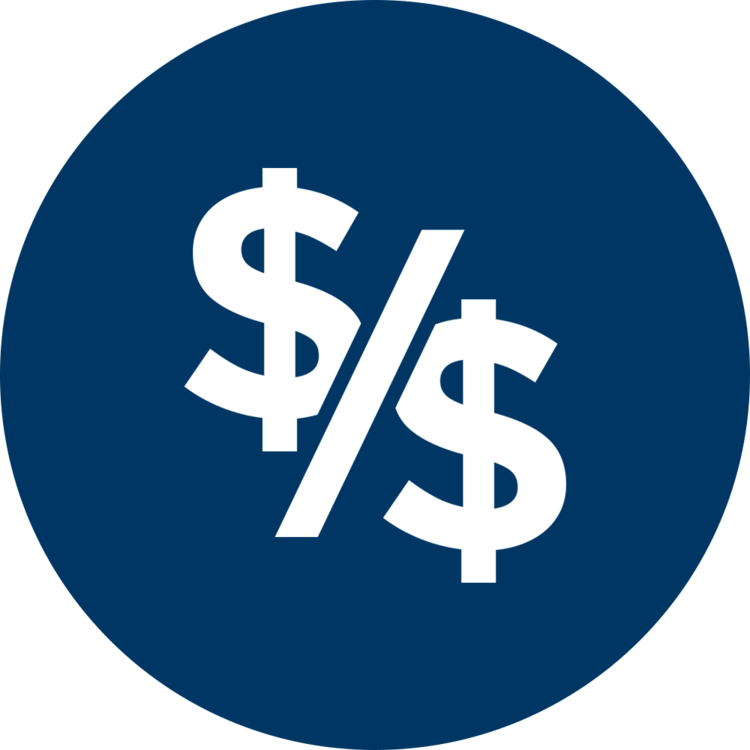ACX 101, Part 3: Compensation Models
 Welcome to ACX 101, an article series by a narrator for authors and rights holders new to ACX (the Audiobook Creation Exchange).
Welcome to ACX 101, an article series by a narrator for authors and rights holders new to ACX (the Audiobook Creation Exchange).
This is Part 3: Compensation Models. Use the links at the top of this post to see the previous articles, or get a list of all the articles in the series.
Brass Tacks Time
 Let’s start with the obvious: When producing an audiobook, you are going to have to pay your producer somehow. Narrators have to eat, after all! Some narrators only do voice work part time, moonlighting in the world of narration. Others (like myself) do it as their full-time career, and still others do audiobook work as part of a wider set of voice acting services, like commercials.
Let’s start with the obvious: When producing an audiobook, you are going to have to pay your producer somehow. Narrators have to eat, after all! Some narrators only do voice work part time, moonlighting in the world of narration. Others (like myself) do it as their full-time career, and still others do audiobook work as part of a wider set of voice acting services, like commercials.
No matter how your chosen narrator works, though- they have to be paid. How you and your narrator work out remuneration is an important step in the process, and one you would do well to pay attention to!
The Main Compensation Models
There’s two main ways narrators are paid for their work in the world of audiobooks. These are royalty share, often called “RS”, and per-finished hour, often called “PFH”. There is a third mechanism called a stipend offered by ACX for some titles.
Let’s talk about the specifics of each, and then we’ll discuss what you need to consider when budgeting your narrator’s compensation.
Note: I’m confining this discussion only to ACX-produced projects, not direct agreements or other arrangements with publishers other than ACX, which may have their own compensation models that are similar, but not identical to, the ones discussed here.
Royalty Share
 Under a royalty share agreement, the rights holder (frequently the author, but not always) and the narrator will split the royalties from the sales of the book. When you create a project on ACX, if you elect to use the royalty share compensation model, you are required to grant exclusive distribution rights to ACX and Audible. This means that the audiobook will only be available through Audible, Amazon, iTunes and any other retailers Audible chooses to distribute the book through. Under a Royalty Share Agreement with ACX, you cannot distribute the audiobook yourself in any market or format. This arrangement lasts for seven years. In essence, you are consigning all rights to distribute the audiobook and collect payments for it to Audible. In exchange for this, they pay a higher royalty rate; read on for more details on that.
Under a royalty share agreement, the rights holder (frequently the author, but not always) and the narrator will split the royalties from the sales of the book. When you create a project on ACX, if you elect to use the royalty share compensation model, you are required to grant exclusive distribution rights to ACX and Audible. This means that the audiobook will only be available through Audible, Amazon, iTunes and any other retailers Audible chooses to distribute the book through. Under a Royalty Share Agreement with ACX, you cannot distribute the audiobook yourself in any market or format. This arrangement lasts for seven years. In essence, you are consigning all rights to distribute the audiobook and collect payments for it to Audible. In exchange for this, they pay a higher royalty rate; read on for more details on that.
Royalty Share Split
Here’s how it works: When selling a title produced under a royalty share agreement, Audible sets the price for the book in its various channels. This is usually based on the length of the book, with ACX and Audible setting standard rates for various lengths, but reserving the right to change those rates if they want to.
When a book produced under a royalty share arrangement is sold, Audible will take 60% of the sale, and the remaining 40% is split evenly between the rights holder and the producer. For example, if a book sells for $10, Audible gets $6, and the author and producer each get $2. Again, under a royalty share agreement, this arrangement lasts for seven years.
Per-Finished Hour, aka “Flat Fee”
 A per-finished hour (PFH) agreement is the other most common way producers are paid for their work. With a PFH arrangement, the rights holder and producer agree on a fee for each completed hour of audio. When the book is completed the rights holder pays the producer based on the number of hours in the book, prorated to the nearest minute. For example, if a rights holder and producer agree to $300 per finished hour, and a book is five hours and fifteen minutes long, the fee would be $1575.
A per-finished hour (PFH) agreement is the other most common way producers are paid for their work. With a PFH arrangement, the rights holder and producer agree on a fee for each completed hour of audio. When the book is completed the rights holder pays the producer based on the number of hours in the book, prorated to the nearest minute. For example, if a rights holder and producer agree to $300 per finished hour, and a book is five hours and fifteen minutes long, the fee would be $1575.
Calculating Runtime, or Figuring Finished Hours
The basic math you’ll need to do to figure out how long your audiobook will be is to divide the number of words in your manuscript by 9,200 (the average number of words per hour in a spoken recording). The actual final runtime may vary somewhat depending on your book, the narrator, and so forth, but it’s a pretty good guess and in most cases will be within 10% of the actual runtime.
For example, a 50 thousand word book would be about 5.4 hours, give or take 10-15%.
Royalties Under PFH Agreements
When a producer is paid under a PFH agreement, the moment they are paid, they will receive no further compensation, regardless of how well the book sells (or does not sell). Depending on how the rights holder sets up their contract with Audible, they will receive one of two possible royalty tiers. However, there are cases where rights holders and producers may have additional agreements. Read on for more info on that.
If the rights holder chooses exclusive distribution with Audible, meaning the rights holder will not have any right to distribute the book or receive compensation for it on their own, Audible pays 40% of sales of the book to the rights holder. So if a book sells for $10, Audible gets $6 and the rights holder gets $4.
If the rights holder chooses non-exclusive distribution, meaning they allow Audible to distribute the book, but the rights holder may also sell it themselves in either digital or physical format, Audible pays 25% of sales of the book to the rights holder. So if a book sells for $10, Audible gets $7.50 and the rights holder gets $2.50.
A Note on Royalty Splits
Regardless of whether an audiobook is produced under a royalty share or a PFH agreement, royalties must be calculated. Audible pays royalties as a percentage of sales.
However, the royalty split is based on the actual sale price, not the retail price- if someone buys a book on sale, or gets a discount for some reason, the split is based on the price paid, not the list price. When Audible subscribers use their credits, it gets even more murky- Audible uses an internal algorithm to determine royalties in these cases, and has not shared the details of how it is calculated. For credits, it appears that it may be based on how much money was brought in by subscribers, weighted by length of book and the number of times it was purchased using credits. But this may not be completely correct, as Audible has not shared the details of how that is calculated.
Stipends
ACX and Audible may offer a “stipend” payment for some projects. This is essentially a fee paid by ACX on a per-finished-hour basis to a producer who agrees to take on a specific title on a royalty share agreement. Audible and ACX make the determination of which titles will receive this status, but they do get additional attention from narrators and producers, so you may wish to reach out to ACX to determine if your title is eligible for such an arrangement.
The nice part about stipends is that it gives the narrator an opportunity to get some upfront compensation, and it doesn’t come out of the rights holder’s pocket.
Additional Compensation Agreements (outside ACX)
Rights holders and producers working via ACX are totally free to enter into any compensation agreements outside of ACX’s channels that they wish. For example, an author and producer may agree to a royalty share compensation plan, but the author could provide an additional fee to sweeten the pot. It is also not unheard of for a producer to agree to a low per-finished-hour rate in exchange for a cut of the royalties.
In any of these cases, however, it is NOT ACX or Audible handling the money! ACX will only pay out via the agreements it has in place, so if a rights holder and producer wish to enter into a parallel agreement, it is strongly recommended that it be in writing, for the security of both parties. In the specific case of a royalty cut on top of a per-finished-hour fee, the rights holder will have to manage that compensation to the producer for the lifetime of the arrangement.
In Conclusion
I hope this post has helped clear up how authors/rights holders and producers arrange for compensation for their audiobook projects through ACX. Keep in mind that there are many options open to you, including contracting directly with a producer and avoiding ACX entirely.